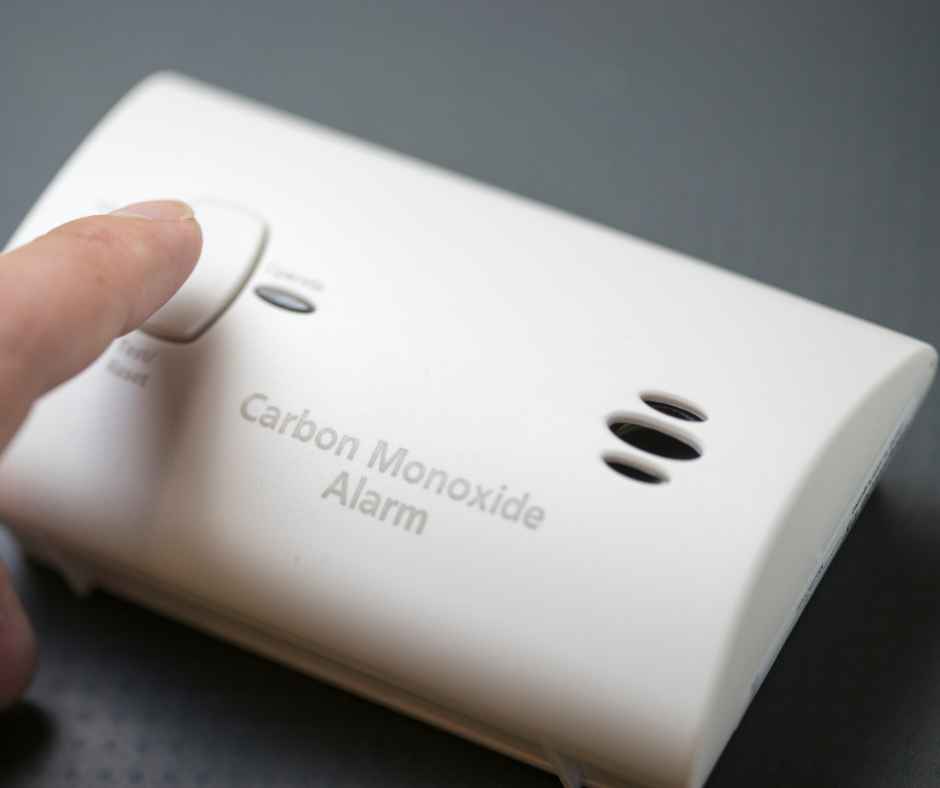& Nassau County
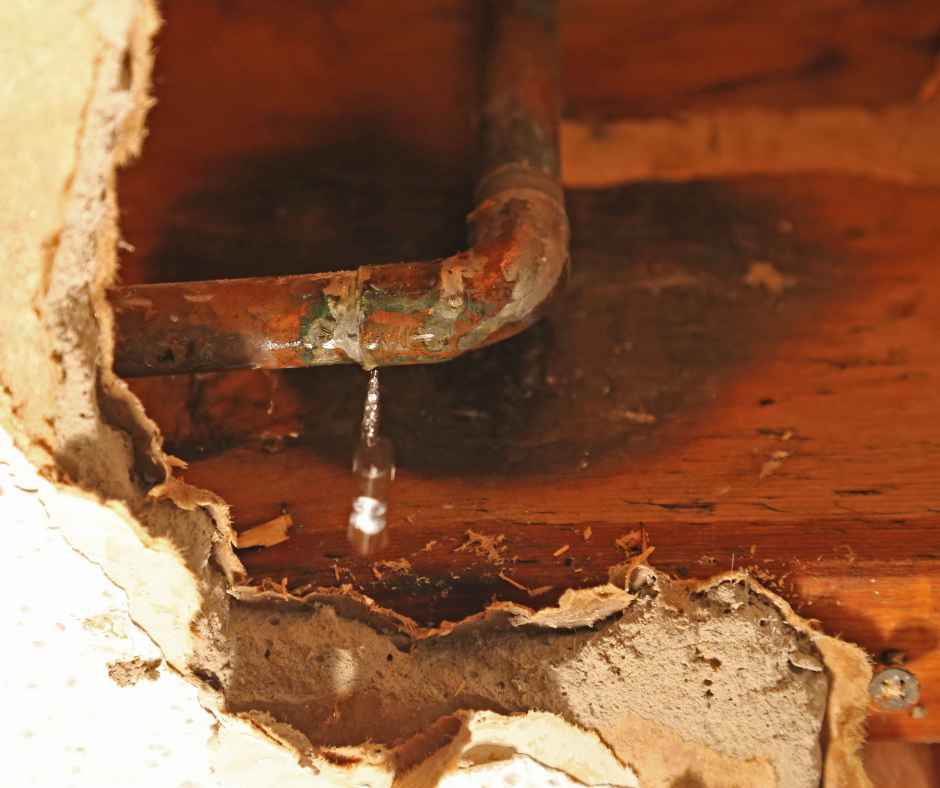
What Are The Signs of a Plumbing Leak?
April 12, 2025
A plumbing leak can cause serious damage if left unnoticed, leading to water waste, structural deterioration, and mold growth. While some leaks are obvious, others remain hidden behind walls, under floors, or even beneath your foundation. Identifying the signs of a plumbing leak early can help prevent costly repairs and water damage.
Unexplained Increase in Water Bills
One of the earliest indicators of a hidden plumbing leak is a sudden spike in your water bill. If your household’s water usage hasn’t changed but your bill has increased significantly, there’s a good chance water is escaping somewhere in your plumbing system.
A simple way to confirm this is by checking your water meter. Turn off all water fixtures and appliances, then observe the meter. If it continues to move, you likely have a leak that requires professional leak detection.
Water Stains and Damage on Walls, Ceilings, and Floors
Discolored patches on your ceilings, walls, or floors often indicate a hidden leak. These stains may appear yellow, brown, or darker in color and can sometimes be accompanied by peeling paint or bubbling drywall.
If the stain is located beneath a bathroom, kitchen, or laundry area, the leak is likely coming from a nearby pipe. Ignoring water stains can lead to mold growth, which spreads quickly in damp conditions and poses health risks to your household.
Musty Odors and Mold Growth
A persistent musty smell in certain areas of your home can be a sign of mold caused by hidden moisture. Even if you don’t see visible mold, the odor is often an early warning that a leak is creating the perfect environment for fungal growth.
Mold and mildew thrive in damp areas, such as under sinks, in basements, and inside walls. If you suspect a leak but aren’t sure where it’s coming from, a professional plumbing leak repair service can help locate and fix the issue before mold spreads further.
Low Water Pressure Throughout the Home
If your faucets or showerheads suddenly have weak water flow, it could mean there’s a leak in your plumbing system. Leaks divert water away from fixtures, reducing overall pressure.
Low water pressure can also indicate other plumbing problems, such as clogged pipes or sediment buildup. However, if the issue occurs throughout your home rather than in just one fixture, it’s likely due to a leak somewhere in the main supply line.
The Sound of Running Water When No Fixtures Are On
If you hear the sound of running water even when no appliances or faucets are in use, it’s a strong sign of a hidden plumbing leak. This is particularly common with slab leaks, which occur in pipes buried beneath your home’s foundation.
Slab leaks are difficult to detect without professional equipment. If left unaddressed, they can lead to cracks in your foundation and significant structural damage. A professional leak detection service can pinpoint the exact location of the problem and provide necessary plumbing repair.
Wet or Soft Spots on Floors and Outdoor Areas
Unexpected wet spots on your floors could mean a leak in a nearby pipe. If the area feels warm underfoot, it may be due to a hot water line leak beneath the surface.
Outside, soggy patches in your lawn—even when there hasn’t been recent rain—can indicate a leaking underground water line. These leaks not only waste water but can also erode the soil, potentially damaging your home’s foundation or causing sinkholes.
Cracks in the Foundation or Walls
Over time, undetected leaks can cause your home’s foundation to weaken. Water seeping into the ground beneath your home can lead to shifting, cracking, or settling. If you’ve noticed new or widening cracks in your foundation, walls, or ceilings, it’s essential to have your plumbing system inspected for leaks.
Since foundational damage can be costly to repair, addressing leaks as soon as they are detected is the best way to prevent structural issues from worsening.
How to Detect a Plumbing Leak in Your Home
Finding a leak can be challenging, especially if it’s hidden within your walls or underground. Professional plumbers use advanced leak detection methods to locate leaks without unnecessary damage to your property.
Some common detection methods include:
- Pressure Testing: Plumbers measure water pressure levels to identify drops caused by leaks.
- Infrared Cameras: Thermal imaging detects temperature changes caused by hidden moisture.
- Acoustic Leak Detection: Special listening devices help pinpoint the sound of running or dripping water behind walls or underground.
- Slab Leak Detection: Specialized tools locate leaks beneath concrete foundations without breaking through flooring.
If you suspect a leak but can’t find it, calling in a professional ensures the problem is accurately diagnosed and repaired before extensive damage occurs.
Why Prompt Plumbing Leak Repair Is Essential
Delaying plumbing leak repair can lead to a range of costly and hazardous issues. Even a slow drip can waste thousands of gallons of water over time, driving up utility bills. Water damage can also weaken floors, walls, and ceilings, leading to structural instability.
Another major concern is mold growth. Once mold spreads, it can become difficult and expensive to remove, posing health risks such as respiratory issues, allergies, and skin irritation. Fixing leaks early prevents mold from taking hold in your home.
Additionally, some leaks—such as those in underground pipes—can cause shifting soil, leading to foundation damage and uneven flooring. The longer a leak goes undetected, the greater the risk of long-term damage.
How to Prevent Plumbing Leaks in the Future
While leaks can develop over time due to aging pipes or natural wear and tear, there are steps you can take to reduce the risk of unexpected plumbing issues.
Schedule Regular Plumbing Inspections
A professional plumbing inspection helps catch potential leaks before they turn into costly problems. Plumbers can check for weak spots, corrosion, and early signs of damage.
Upgrade Aging Pipes
Older homes with galvanized steel or polybutylene pipes are more prone to leaks. Replacing outdated plumbing with modern materials like PEX or copper improves durability and reliability.
Monitor Your Water Pressure
Excessively high water pressure can strain pipes and increase the risk of leaks. Installing a pressure regulator keeps levels safe and extends the lifespan of your plumbing system.
Be Cautious of What Goes Down Your Drains
Clogs can cause pressure buildup in pipes, leading to cracks and leaks over time. Avoid disposing of grease, food scraps, and non-flushable items in your sinks and toilets.
Call NH Ross for Leak Detection and Plumbing Repair
If you’ve noticed any signs of a plumbing leak, don’t wait until the damage worsens. NH Ross provides expert leak detection and plumbing repair services to locate and resolve leaks quickly. Protect your home from costly repairs and water damage—contact NH Ross today for professional plumbing solutions you can trust.
Recent News
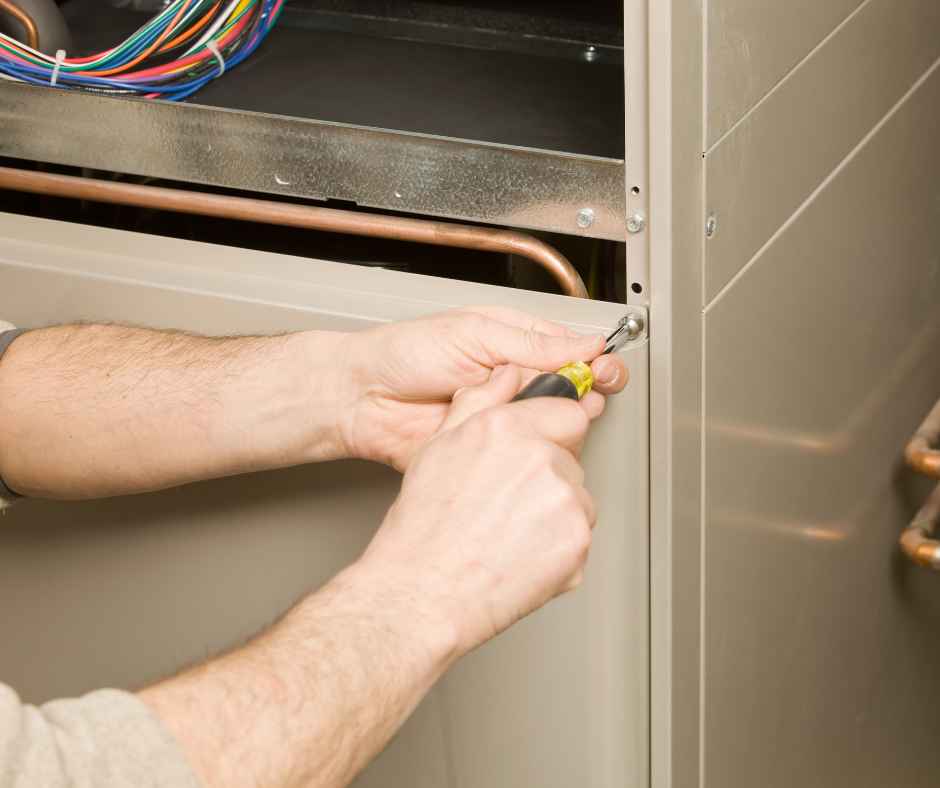
The Homeowner’s Diagnostic: Is Your Heating System a “Money Pit” or an Easy Fix?
January 20, 2026

Preventing Frozen Pipes on Long Island: What Homeowners Need to Know
December 8, 2025
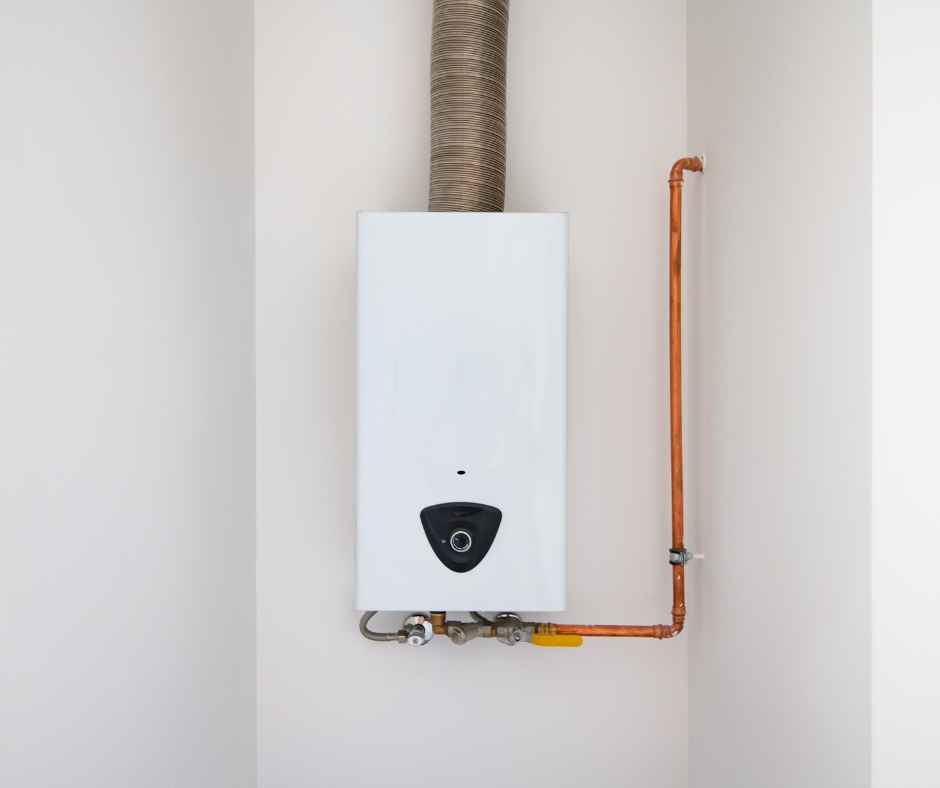
Traditional vs. Tankless Water Heaters: Which Is Better for Long Island Homes?
November 13, 2025
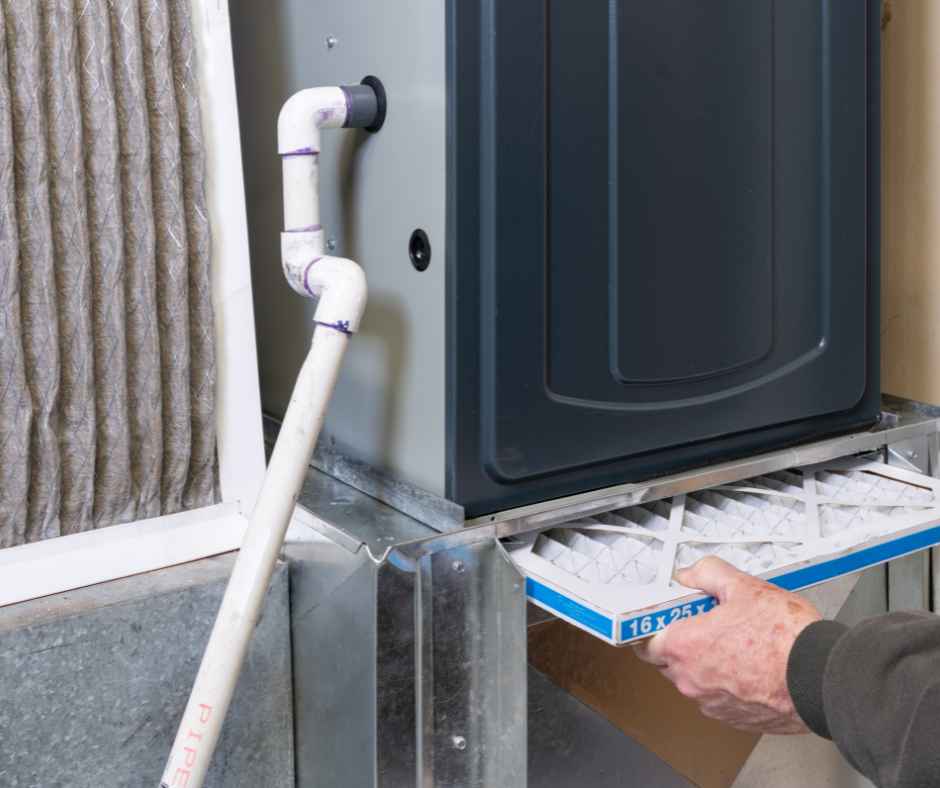
Why Heating Maintenance Saves Long Island Homeowners Money
October 24, 2025
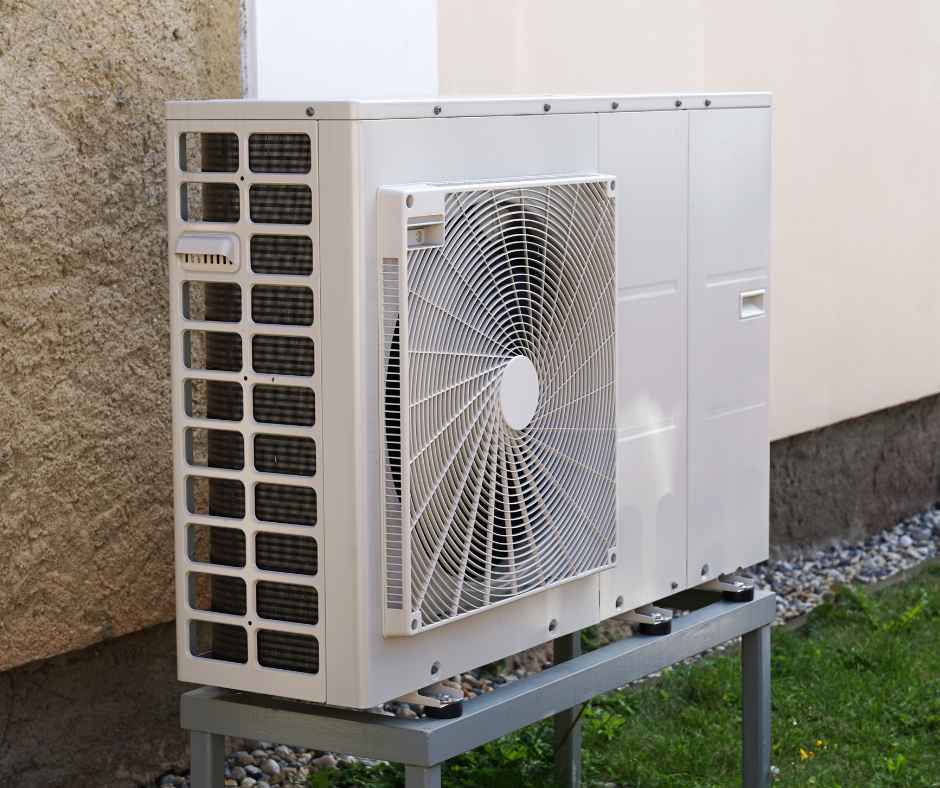
PSEG Heat Pump Water Heaters & Heat Pump Systems: Efficiency, Savings, and Rebates
September 24, 2025
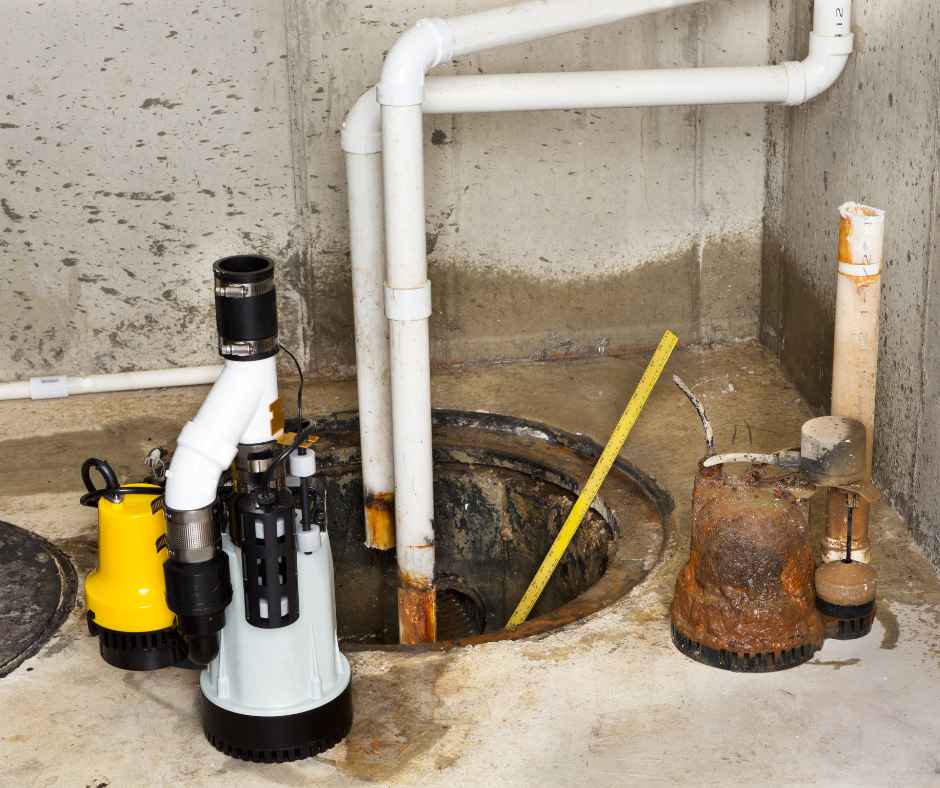
How to Know When It’s Time to Replace Your Sump Pump Before It’s Too Late
September 10, 2025
